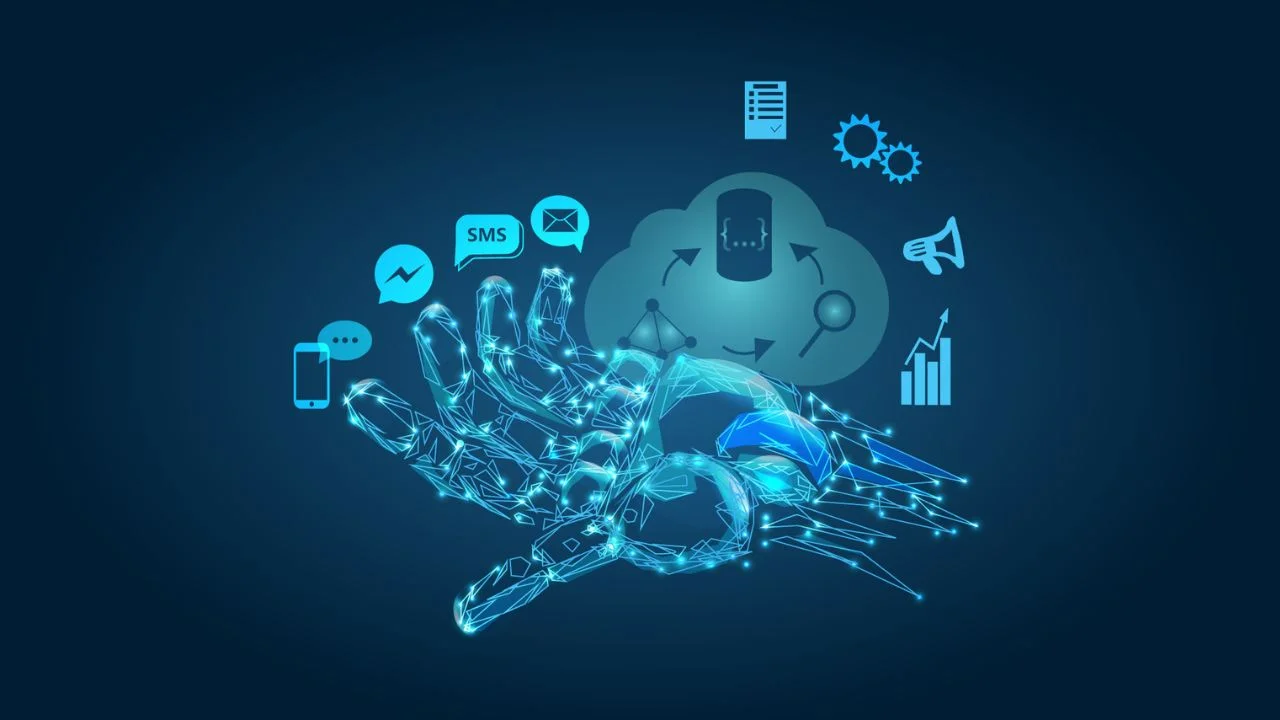
As artificial intelligence (AI) continues to experience exponential growth, a pressing question emerges within tech circles: Will the rise of AI spell the end of Software as a Service (SaaS) as we know it? With industry giants like Salesforce, Workday, NetSuite, and ServiceNow at the forefront of enterprise software, many are speculating whether these cornerstone companies are at risk of being disrupted—or even becoming obsolete—by the AI wave.
For over two decades, the SaaS model has been a gold standard in the tech world. Its subscription-based approach allowed for wide adoption by lowering entry barriers, offering flexibility, and continuously updating with the latest innovations. Enterprises flocked to SaaS solutions, benefiting from the cost-efficiency and the ability to scale quickly.
Then AI entered the picture, rapidly evolving and shaking the foundations of SaaS. With AI’s potential to automate tasks, make data-driven decisions, and predict future trends, SaaS companies are under increasing pressure. Some critics argue that traditional SaaS models are at risk of stagnation or even collapse. But is that truly the case?
Contrary to doomsday predictions, SaaS is far from dead. In fact, it’s poised to play an even more critical role in the AI era. However, SaaS companies that merely try to embed AI into existing platforms without fundamentally adapting are the ones most at risk. The landscape is shifting, and SaaS providers must evolve, or they could find themselves left behind.
The future of SaaS lies in its ability to adapt to AI advancements and offer more than just incremental feature updates. Instead of simply charging extra fees for AI capabilities, SaaS companies need to revolutionize the user experience. Tools leveraging AI must go beyond improving efficiency—they must reshape how businesses interact with data.
While SaaS will undoubtedly remain relevant, its future won’t look like the past. The traditional systems we know today will become more abstracted, moving towards a model like what we see with OpenAI’s large language models. SaaS tools of the future will utilize multi-modal interfaces, enabling users to query data in real time and receive not just answers but reasoned insights and recommendations.
Imagine a future where business leaders don’t need to manually sift through dashboards or reports. Instead, AI-driven platforms will provide a proactive summary of key metrics every morning, along with actionable insights for decision-making. These tools will pull data from across systems, offer predictive recommendations, and even visualize trends—all without the need to open multiple apps.
The possibilities are endless. HR insights, supply chain risks, financial forecasts—all these and more will be accessible in real-time through AI-powered interfaces. As these tools become more refined, they’ll move beyond mere data aggregation to predictive analytics, enabling businesses to anticipate needs and streamline decision-making processes.
At the forefront of this evolution is Agentic AI. This technology will transform the way businesses operate, particularly in high-volume, repetitive tasks. By combining generative models, neural networks, and reinforcement learning, Agentic AI will make robotic process automation more efficient and less error-prone.
This shift represents an inflection point in enterprise software. SaaS isn’t going away, but the way companies buy, consume, and benefit from software is changing. We’re entering an era where companies will seek AI-powered tools that provide real-time insights and actionable recommendations, rather than static, siloed software solutions.
However, with great innovation comes significant challenges. The rise of AI in SaaS brings to the forefront concerns around data privacy, security, and governance. As AI systems begin tapping into vast amounts of enterprise data to provide insights, ensuring data integrity and compliance will be crucial. Businesses will need to invest heavily in robust data fabric architectures that can securely integrate AI capabilities across various platforms.
Moreover, enterprises must address regulatory compliance and governance issues. As AI models become more sophisticated and capable of decision-making, accountability becomes a major concern. Who is responsible for the actions an AI tool recommends? How do companies ensure that AI-driven decisions align with ethical standards? These are some of the difficult but essential questions that businesses will need to navigate.
Despite these challenges, AI represents an enormous opportunity for SaaS companies to transform and remain indispensable to their customers. Giants like Microsoft, Oracle, Salesforce, and ServiceNow are already making moves to integrate AI into their platforms in ways that enhance the value of their products. But to stay competitive, these companies will need to go beyond surface-level AI integrations. They must fundamentally rethink the consumption layer of their software to align with AI’s predictive and generative capabilities.
This shift isn’t just about adding AI features—it’s about delivering a whole new experience that allows businesses to extract more value from their software investments. As enterprises look for turnkey AI solutions, they’ll still be willing to pay a subscription fee, but only for platforms that genuinely help them stay ahead in an increasingly competitive environment.
The talk of SaaS coming to an end is premature. Instead, what we’re witnessing is a period of profound transformation. SaaS companies that embrace AI and innovate will not only survive but thrive. A prime example is Salesforce’s recent unveiling of Agentforce at Dreamforce, where CEO Marc Benioff outlined a vision for how the company plans to integrate AI into its platform to stay ahead of the curve.
In the AI-powered future, SaaS companies won’t just provide software—they’ll deliver comprehensive, AI-driven solutions that help businesses make smarter decisions, faster. Far from being obsolete, SaaS has the potential to become more valuable than ever.
Subscribe and get 3 of our most templates and see the difference they make in your productivity.
Includes: Task Manager, Goal Tracker & AI Prompt Starter Pack
We respect your privacy. No spam, unsubscribe anytime.